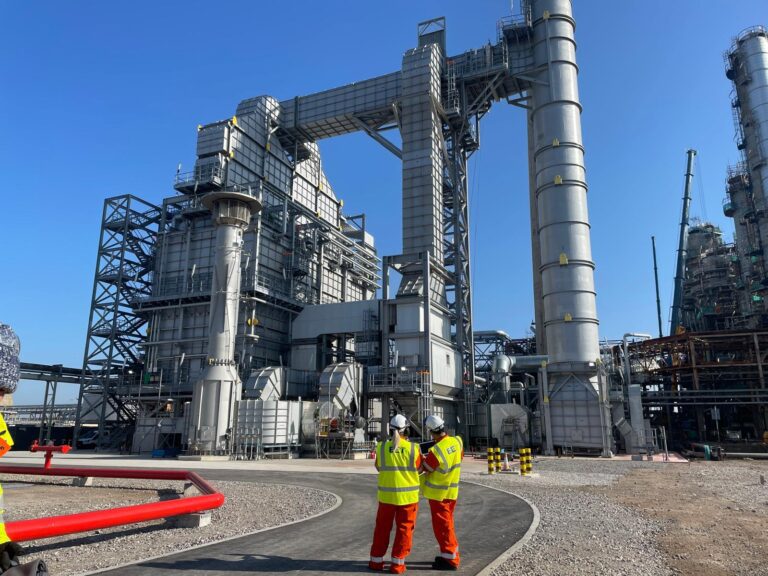
The commissioning of the country’s first hydrogen-ready furnace at its Stanlow site is a move set to significantly reduce carbon emissions, enhancing fuel supply chain sustainability.
A new era in low-carbon liquid fuel production
EET Fuels, the trading name of Essar Oil (UK) Ltd, has marked a major milestone in the UK’s transition to cleaner fuel production with the commissioning of the country’s first hydrogen-ready furnace at its Stanlow refinery in Ellesmere Port, Cheshire.
This development is a key part of EET’s ambition to become the world’s leading low-carbon process refinery and directly supports the sustainability goals of the broader liquid fuel distribution sector.
The newly installed hydrogen-ready furnace, delivered in 2022 and now fully connected to Stanlow’s operational infrastructure, will initially run on refinery off gas (ROG) but is engineered for a future switch to 100% low-carbon hydrogen fuel, Full conversion is planned for 2028 when the furnace fuel will be supplied by EET Hydrogen’s HPP1 plant – the UK’s first large-scale, low carbon hydrogen production facility, located within the HyNet North West industrial decarbonisation cluster.
Currently replacing three older units, the advanced furnace accounts for approximately 10% of the refinery’s total energy consumption. In its current mode, it is expected to cut CO₂ emissions by approximately 16,600 tonnes per year. Once fully transitioned to low carbon hydrogen, it emission reductions will increase to around 200,000 tonnes annually.
“Decommissioning three old furnaces and connecting this new highly efficient hydrogen-ready furnace to our refinery is a significant milestone for EET Fuels,” said Deepak Maheshwari, Chief Executive Officer at EET Fuels.
“Not only will the new furnace deliver an immediate reduction in CO2 emissions, it will deliver an even bigger reduction once fully powered with low carbon hydrogen. It’s a major milestone in the delivery on our decarbonisation strategy.”
Decarbonisation strategy
The hydrogen-ready furnace project is central to EET Fuels’ wider £1.2 billion decarbonisation investment over the next five years, aimed at reducing emissions by 95% (around 2 million tonnes of CO₂) by 2030. Key components of this strategy include large-scale industrial carbon capture and fuel switching from natural gas to low-carbon hydrogen.
This transformation will not only reduce EET Fuels’ environmental impact but also future-proof the refinery, delivering resilience for the UK’s critical fuel infrastructure and enhancing energy security.
As part of the broader HyNet initiative, this investment strengthens the position of the North West as a leading energy transition hub and underpins the future of sustainable fuel supply chains across the UK.
Image supplied by EET Fuels